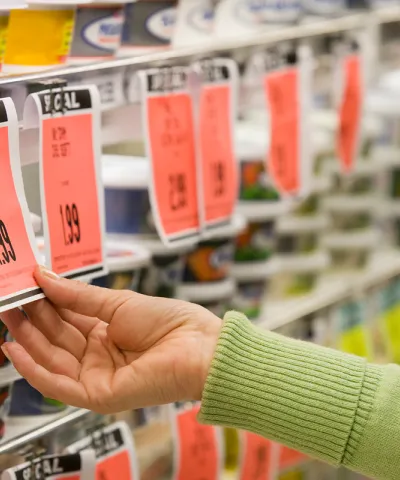In recent years, the calls from consumers for sustainable goods and services has grown louder and louder. In our 2022 Global Sustainability Study we discovered how important this issue is for consumers in travel. Our experts outline what consumers expect and how travel companies should respond.
Our Global Sustainability Study 2022, investigated the impact of sustainability on travel consumer preferences and had over 11,000 people across 19 countries take part.
In conducting the study, we were able to test the importance of sustainability vs other factors in travel purchase decisions. We also measured willingness to pay (WTP) for sustainable travel alternatives and evaluated likely consumer behavioral changes.
Consumers expect sustainability to become the norm, not the exception
With most consumers ranking sustainability highly in their purchasing decisions, the message is clear: Sustainability must become the norm not the differentiator. In fact, 57 percent of respondents indicated they consider sustainability important or extremely important when making purchasing decisions about transportation, accommodation, or holiday and vacation packages.
Moreover, nearly half of consumers indicated they would travel less to travel more sustainably, while only 15 percent stated that they don’t intend on doing so. This indicates that environmental sustainability is poised to impact the vast majority of consumers’ travelling habits.
However, only a third of consumers are willing to pay more for an environmentally sustainable trip. Yet, WTP increased among higher income individuals. We also asked those willing to pay more what premium they would consider acceptable and what they would consider expensive. For this, the median incremental values across all countries were 15 percent and 30 percent, respectively. High income individuals would be willing to pay significantly more – between 25 percent and 40 percent premium for sustainable travel.
Companies, therefore, must know who they’re targeting, and whether a business case for sustainability can rely on building in a premium.
How should travel companies respond?
- Know your target segment: While sustainability is important to most consumers, their behavioral changes will be very different. More affluent segments may pay more for a sustainable option whereas others may purchase less. This clearly has huge implications for any sustainability business case and roadmap
- Understand your consumers’ expectations and behaviors: In developing a more sustainability proposition you need to understand how your future customers will view your offering, how they will purchase it and how their wider purchasing behaviours are likely to change. Again, these factors have huge implications for any sustainability business case and roadmap
- Establish credibility: In order to resonate with customers, it’s important that communications on any sustainable offers clearly and accurately establish the environmental benefits (e.g., emissions offsetting, and sustainable manufacturing). Consumers are becoming savvy to green washing, and you’ll quickly be spotted if the offer isn’t genuine
Across the board we’re seeing that sustainability is becoming part of the norm and this trend will only accelerate over time. Plan how you will transition to a more sustainable model now, before it’s too late
Would you like more information on this topic? Reach out to Rosalind Hunter and Dimitris Hiotis for an individual discussion today!








